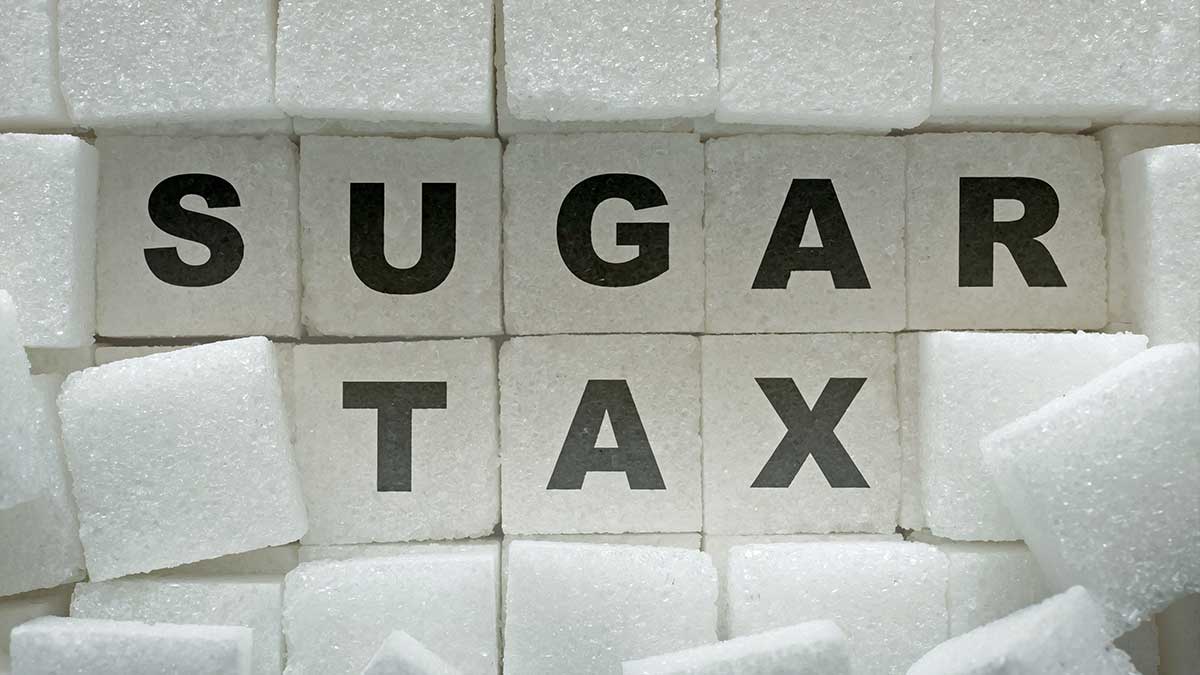The International Diabetes Federation (IDF) has seriously recommended Pakistan to increase taxes on sugar beverages in order to prevent diabetes.
IDF President Prof Andrew Boulton and President-elect Prof Akhtar Hussain said in a joint letter to the government of Pakistan that the country needs to take the consumption of sugar seriously and to increase the taxes on sugar in its upcoming budget as it is increasing the risk of diabetes among people.
IDF in a joint letter to the Pakistan government said, “We support the request of the Diabetic Association of Pakistan to increase excise duty on sugar-sweetened beverages to 20% and broaden the category beyond its current definition to include juices, energy drinks, flavoured milk, iced tea and other drinks sweetened with added sugars.”
Moreover, the IDF office-bearers expressed their concern in their recent letter to the FBR chairperson, about the high number of people living with diabetes in the country. Currently, around 19.4 million people in Pakistan are suffering from diabetes.
Impact of more taxes on sugar beverages
The IDF officials said that many more are at high risk of developing diabetes as there are over 19 million people with diabetes in Pakistan
“Over the past year, the COVID-19 pandemic has hospitalised and claimed the lives of people living with diabetes disproportionately, underscoring the elevated risk from infectious disease to people living with the condition,” the letter reads.
It further adds that the strategy of increasing taxes on sugar beverages would be effective as it will help reduce the consumption of sugar in reducing the burden of obesity and type 2 diabetes. It also reads that over third of adults in the country are either obese or overweight, also are at high risk of diabetes and other health issues.
“We are cognizant that, on the 31st of May, the FBR will submit its proposals to the Ministry of Finance for the forthcoming budget. We would like to propose the government give serious consideration to fiscal policies (including raising taxes on SSBs) that can help reduce the consumption of goods detrimental to health and encourage citizens to make healthier choices.”





















